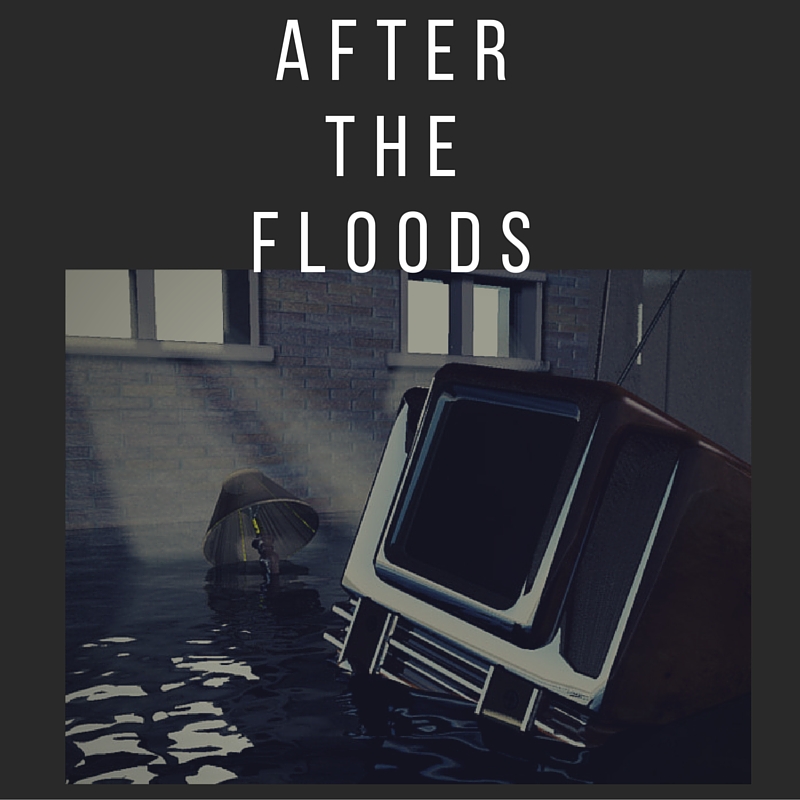As 2015 came to a close, we were shocked by historic winter flooding in the St. Louis area. Many roads, including major highways were closed and areas were evacuated as volunteers rushed to sandbag in an effort to stop the rising waters from wreaking additional havoc. Our thoughts and prayers go out to all those who suffered loss from this unexpected event and to those who are now rebuilding. While we hope your efforts are well underway, we also know that weather-related tragedy can happen more than once and year round.
With that in mind, we share some important information about coping with flooding for you to take in and remember for the future.
- Never attempt to drive through flooded roadways. Whether a large swelling river or random flash floods, loss of life most often occurs when people find water is higher than estimated. A mere six inches of water will reach the bottom of most cars, and can cause stalling or loss of control. Most vehicles will float in one foot of water and two feet can sweep a vehicle away into great danger.
- Always listen to emergency personnel and local authorities. Do not try to remain in an area that has been evacuated, as this puts your life and the lives of emergency responders at risk. Stay as informed as possible as situations develop so that you can plan ahead.
- Do not mix water and electricity. If floodwaters threaten your home or business, call Ameren to have your service turned off. Once water has entered the area, even if it only creates a wet surface on which to stand, do NOT attempt to turn off power at the main electrical box.
- When water floods your basement, home, or business and the electricity has not been turned off, do not attempt to touch electrical switches, outlets, cords, or appliances. Do not enter an area where water may be in contact with wiring or electrical devices.
- If you smell a strong natural gas odor, leave the area and call your local provider immediately. Do not attempt to turn anything on or off, operate devices or use your phone or a match.
- When in doubt, call. If there is any question regarding safety, do not try to DIY. Call a professional. This is especially true when addressing issues of electricity!
- Once the area is safe from electrical or natural gas hazards, you can turn your attention to mold and bacteria, two of your greatest enemies after a flood. This is where most of you are right now, and we recommend taking a look at our sources below for detailed instruction. Again, if you doubt your abilities, have special health concerns, or severe damage (a house knocked off its foundation or flooding from sewage systems), we recommend you obtain professional help.
- Throw away anything wet that is porous and organic (cardboard, paper), as they feed mold. Ventilate and expose areas or items to sunlight to help kill mold. Protect yourself with masks and eyegear. Use bleach or another approved agent to kill remaining mold.
As parts of our area rebuild and clean, we are thankful for all who worked or supported efforts to minimize damage and for those who continue to give time and assistance to flood victims. Despite a wet beginning, we are looking forward to a wonderful 2016.
Sources: Ameren, Bankrate, Creating a Healthy Home

